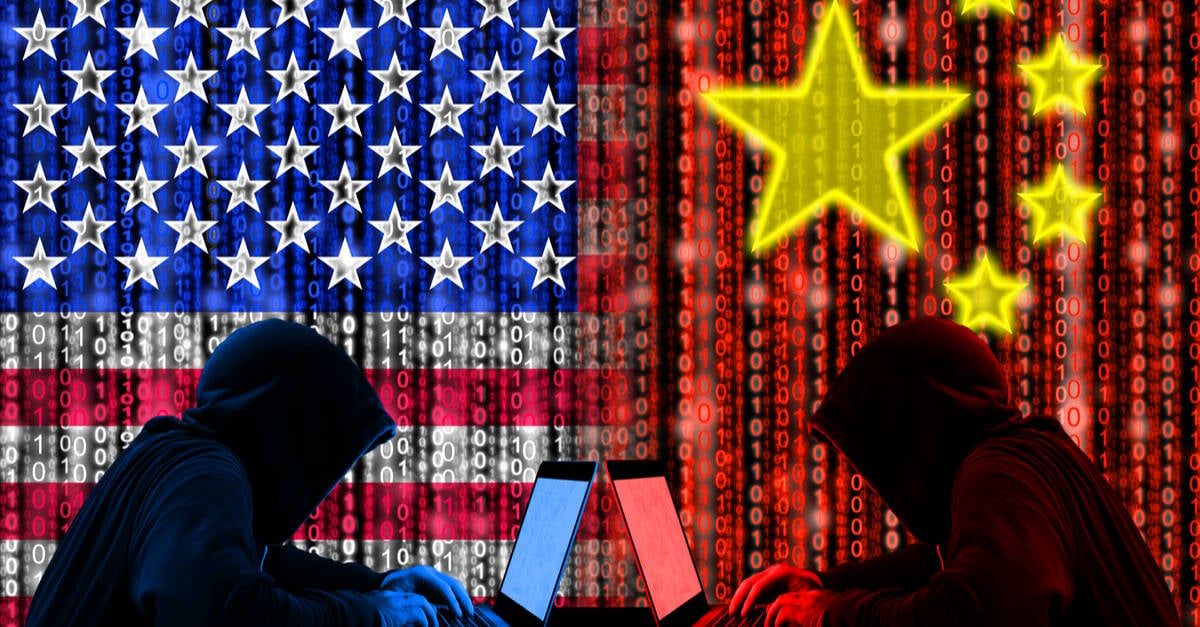The US has never attacked Chinese critical infrastructure before, right?
Uh, I would not bet my money on that.
In fact, I’d bet the opposite, that’s almost a guaranteed win.
I’ve heard from multiple independent 3 letter agency associates (past and present) that hackers often often get frustrated and quit US Gov work due to the strict “rules of engagement”, that limit offensive operations to critical US infrastructure and government systems.
Often times they know that adversaries are going to attack well in advance and even send advance notice (or retroactive notice) to important targets in some cases. But their operations are, according to them, limited to non-disruptive (though impressive, thorough, and highly specialized) information gathering.
No guarantees that all hands of the government are playing by the same rules, but at least those people’s story was pretty consistent.
This from a guy who says “the cyber”
He’ll probably nominate Barron as Secretary of the Cyber.
deleted by creator
Isn’t one of the strengths of offensive cyber programs that you can leverage plausible deniability. Why in gods would you publicly state your intent to engage in such operations?
Fake tough guys always talk, rarely walk.
The point is deterrence. The Congressman is basically saying “Fuck off already, or ELSE!”
Why in gods would you publicly state your intent to engage in such operations?
They’re announcing that they will pursue a MAD-style defense policy, and MAD doesn’t work unless you make it publicly known that you can and will retaliate.
genuine question from someone who isnt a cybersec major, wouldn’t E2EE chats and quantum resistant encrypted files negate most targeted government cyber attacks? Like I’m aware vulnerabilities will exist and you can take infrastructure offline, but they (they being any government) want the data of the opposing gov’t right? Doesn’t encryption make it stupidly easy to protect? Or are my encrypted backups & Signal chats not as safe as I thought they would be?
Signal, Whatsapp, etc are great, as long as I don’t have access to your phone and password, right? Likewise, what if your phone’s operating system has a critical vulnerability that the OS makers don’t know about (AKA a zero day) that can allow a complete remote takeover of your device after a single click on a text message? It didn’t end well for Jamal Kashoggi: https://www.cnn.com/2019/01/12/middleeast/khashoggi-phone-malware-intl/index.html
E2EE is great for data in transit, and full disk encryption is great for if someone steals your locked device. Neither will help if you have compromised code running on your machine, though.
I see, that makes sense. I feel like I should have been able to figure that out but my puzzle solving skills aren’t the best lol
There are a lot of parts to the puzzle! It’s easy to miss some.
The CCP is already doing the same against the US. You don’t really want to advertise this sort of thing, but this is one area where he might not be wrong.
If I’ve understood the context of the article, this is admitting that US cyber defenses aren’t working.
There’s multiple “offensive” objectives from MITM China’s comms, to a Nation State DDOS and I suspect it’s more about surveilance than knocking out a server.
But if anyone thinks that their country isn’t already doing some form of cyber offense already is a little behind the times.
I think they are offensive to everyone by default. Cyber or otherwise.









